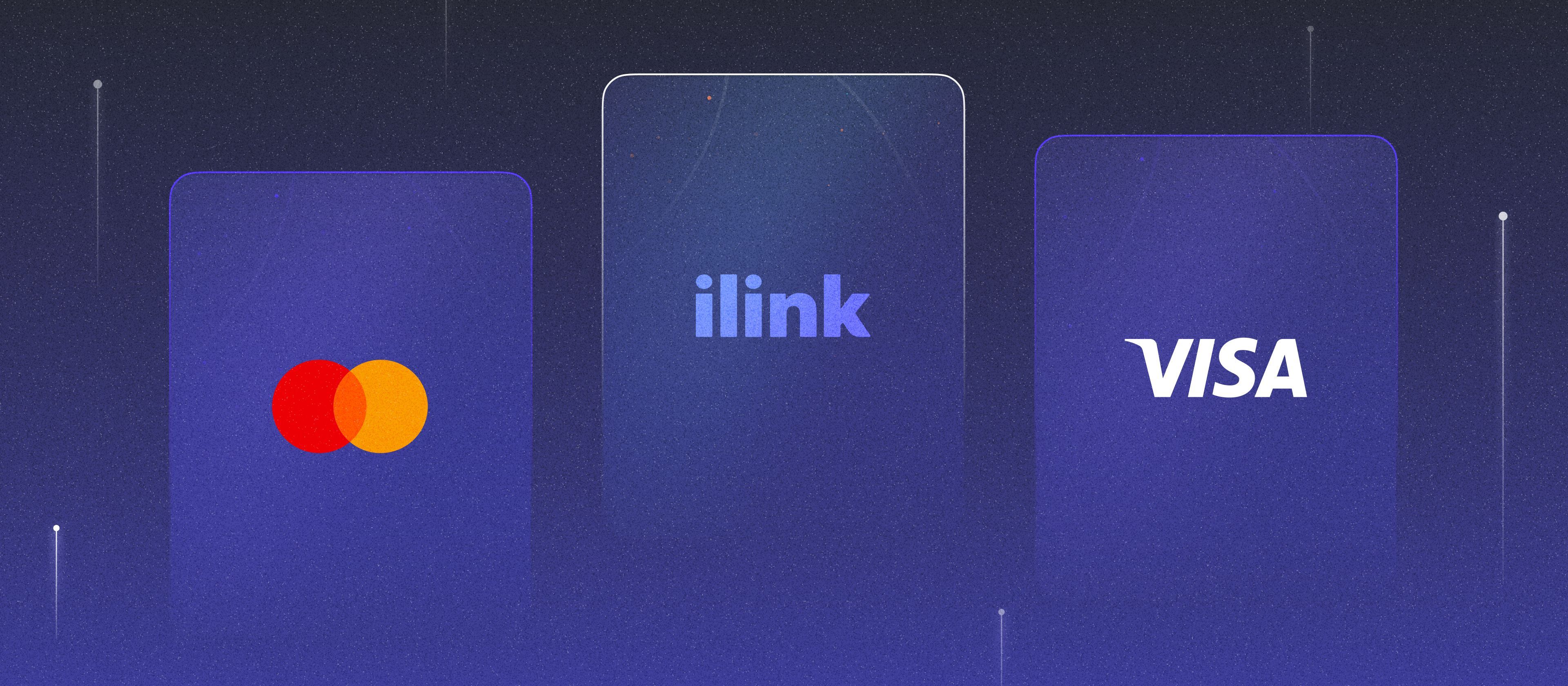Payment Software Solutions: Why Businesses Need Them and How They Are Developed
Introduction
Payment software solutions have become the foundation of the modern digital economy. Every business, from e-commerce and online education to banking services, marketplaces, and Web3 projects, relies on financial transactions. As the number of customers grows, so do the demands for speed, automation, security, and convenience of payments.
This is why companies increasingly adopt payments processing software, allowing them to manage financial flows without errors, delays, or unnecessary operational costs.
For some businesses, it’s simply a tool to accept online payments.
For others, it is full-scale fintech infrastructure that the entire platform depends on.
Why Businesses Need Their Own Payment Software Solutions
Modern companies face a number of challenges, including:
-
Growing transactional volume;
-
The need to automate billing and subscriptions;
-
Increased security requirements;
-
The shift toward global payments;
-
The need for analytics and financial flow control;
-
Customer expectations for fast, transparent, frictionless payments;
-
The rise of Web3 ecosystems and demand for cryptoprocessing.
Custom payment software solves these challenges by helping companies:
-
Operate faster and more reliably. Automation reduces workload and eliminates human error.
-
Increase sales. Smoother checkout means higher conversion.
-
Reduce expenses. Owning payments processing software can be more cost-effective than relying on high-fee PSPs.
-
Scale globally. Support for multiple currencies, crypto, and diverse payment methods opens access to new markets.
-
Enhance security. PCI DSS compliance, tokenization, and ML-based anti-fraud protect both businesses and users.
-
Control their financial infrastructure. The company decides how payments are processed instead of relying on third-party processors.
Custom payment solutions are no longer a luxury, they are a competitive advantage, especially for high-load digital products.
Types of Payment Solutions
Payment solutions can be grouped into several categories, each suited for specific business models and operational scenarios.
Online acquiring
- Best for: eCommerce, online services, marketplaces, subscription platforms.
- Benefits: Visa/Mastercard acceptance, 3D Secure, refunds, recurring billing.
Payment gateways & custom processing systems
- Best for: High-volume businesses or projects with complex logic.
- Benefits: Control over routing, lower fees, higher speed.
Mobile payment solutions
- Best for: Mobile banks, financial apps, super apps, corporate platforms.
- Benefits: Instant operations, biometric authentication, personalization.
Corporate (B2B) payment systems
- Best for: Logistics, manufacturing, distributors, large enterprises.
- Benefits: Multi-currency support, mass payouts, ERP/CRM integrations.
Cryptocurrency payment solutions & cryptoprocessing
- Best for: Global companies, Web3 businesses, SaaS, gaming, marketplaces.
- Benefits: Low fees, instant transfers, borderless transactions, no intermediaries.
How Modern Payment Software Solutions Are Developed
Development includes several major stages, each affecting the security, stability, and scalability of the final product. It’s essential that the architecture is designed for high loads, regulatory requirements, integrations with new providers, and a growing user base.
Payment systems require a multi-layered security approach, including encryption, transaction monitoring, and anti-fraud mechanisms.
High-quality payments processing software must also ensure uninterrupted performance, even during traffic spikes.
1. Analytics & Architecture Planning
The team studies:
-
Business model;
-
Transaction types;
-
Expected load and scalability needs;
-
Geographic markets;
-
Regulatory requirements;
-
Required integrations;
-
Fraud and risk scenarios.
This ensures that the foundation of the system is reliable and future-proof.
2. Development of the Processing Core
The core handles:
-
Routing;
-
Authorization;
-
Transaction execution;
-
Refunds;
-
Billing;
-
Subscriptions;
-
Crypto payments.
To perform reliably, it is built with asynchronous logic, event-driven architecture, secure data storage, and strict auditing.
3. Integrations with Providers and Banks
Typical integrations include:
-
Visa, Mastercard;
-
Apple Pay, Google Pay;
-
Banking gateways;
-
KYC/AML services;
-
Anti-fraud platforms;
-
Crypto payment networks;
-
ERP/CRM systems.
4. API & Management Console
A business receives:
-
API endpoints;
-
Transaction monitoring dashboard;
-
Financial reporting;
-
User/role management;
-
Analytics tools.
5. Anti-Fraud, Security & PCI DSS
Security includes:
-
Tokenization;
-
Encryption;
-
Device fingerprinting;
-
Machine-learning anti-fraud;
-
API protection;
-
Zero Trust principles;
-
KYC/AML;
-
DDoS protection.
6. Load Testing & Performance Audits
The system must handle:
-
High transaction throughput;
-
Sudden spikes;
-
Continuous operation.
7. Deployment & Continuous Development
After release, the platform evolves:
-
New payment methods;
-
New currencies;
-
Improved fraud models;
-
Global expansion;
-
UX and performance improvements.
Reliable payments processing software becomes the financial backbone of the entire business.
Benefits of Cryptoprocessing Compared to Traditional Payments
Cryptoprocessing offers several major advantages:
-
Lower fees;
-
Instant settlements;
-
Borderless payments;
-
No intermediaries;
-
High blockchain-level security;
-
Access to Web3 users;
-
Full transaction transparency.
It is ideal for global businesses, IT companies, marketplaces, gaming projects, subscription services, SaaS platforms, and Web3 ecosystems.
Which Crypto Payment Methods Businesses Need
- Direct blockchain transfers;
- Web3 wallet payments;
- Crypto subscriptions;
- Lightning Network;
- Stablecoin payments.
Why Companies Choose ilink for Payment Software Development
ilink develops payment systems, fintech platforms, and advanced payments processing software for global businesses.
The team delivers:
-
Bank-grade architecture;
-
Integrations with major payment providers;
-
High-performance processing systems;
-
Anti-fraud and analytics modules;
-
Regulatory compliance;
-
Scalable solutions for global markets.
ilink builds payment products that are fast, secure, and reliable, helping businesses grow in the digital economy.
Comments (0)
Latest Posts
This article explains how startups can choose the right tech partner, what services a specialized studio provides, and why the right choice directly affects the success of the entire project.
Developing a blockchain platform for eCommerce is becoming one of the key directions in the industry’s evolution.
Do You Have Any Questions?
Leave your details - we will contact you to answer all your questions




